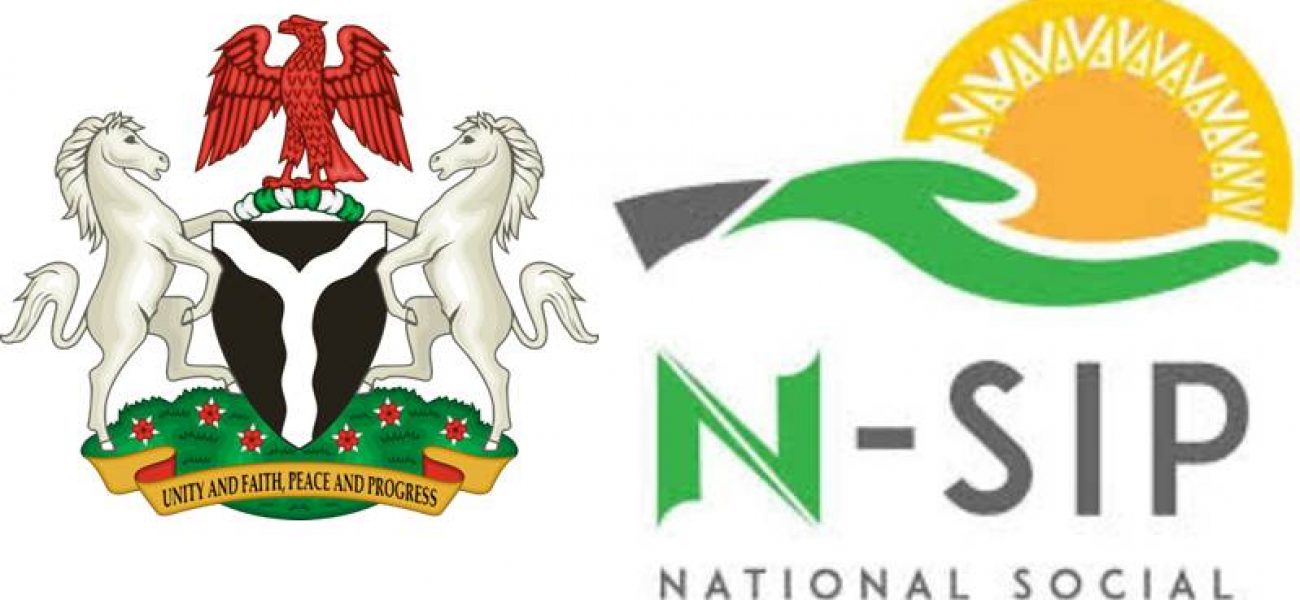President Bola Tinubu has requested an amendment to the National Social Investment Programme Agency (Establishment) Act. In a bill sent to the National Assembly on November 19, 2024, the President is asking for an amendment to make the National Social Register the primary tool for targeting beneficiaries of social intervention programmes. The bill has been read for the First Time in both Chambers of the National Assembly.
It will be recalled that in October 2023, an Executive bill from President Tinubu to amend the NSIPA Act, to move the control and supervision of all National Social Investment Programmes from the Ministry of Humanitarian Affairs and Poverty Alleviation to the Presidency, passed Second Reading in the Senate. The bill has since been referred to the Committee of the Whole for consideration and passage.
Nigeria’s National Social Investment programmes have been enmeshed in controversy. In October 2023, then Minister of Humanitarian Affairs and Poverty Alleviation, Betta Edu, suspended N-Power, one of the four social intervention programmes, to probe some irregularities in the scheme. In January 2024, the President suspended the Chief Executive Officer of NSIPA, Halima Shehu on allegations of financial misappropriation, only three months after her confirmation by the Senate in October 2023. Less than a week later, he suspended the Minister of Humanitarian Affairs and Poverty Alleviation on allegations of financial impropriety. This was followed by the President’s suspension of all programmes administered by the NSIPA to facilitate a comprehensive investigation the agency’s operations.
President Bola Tinubu then established a six-man Special Presidential Panel to review and audit the framework of the National Social Investment Programmes (NSIPs) and the National Social Investment Programme Agency (NSIPA). The panel was chaired by the Minister of Finance and Coordinating Minister of the Economy, Wale Edun and included the Minister of Health and Social Welfare, Minsiter of Budget and Economic Planning, Minister of Information and National Orientation, Minsiter of Commumications, Innovation and Digital Economy; and the Minsiter of State for Youth. In its report, the panel recommended:
- Placing the NSIPs under a steering committee led by the Minister of Finance and Coordinating Minister of the Economy;
- Reviewing the NSIPA Act to re-define the agency’s roles and address gaps that have allowed operational inefficiencies and alleged financial malpractices;
- Carrying out significant operational and financial audits to ensure accountability.
Amidst all of these issues, President Tinubu had in July 2023, requested the National Assembly’s approval for a $800 million loan facility from the World Bank, for expanding the National Social Safety Net Programme (NASSP), to provide shock-responsive safety net support for vulnerable Nigerians.
The President stated that the funds would be disbursed digitally to beneficiaries’ accounts or mobile wallets to promote transparency and stimulate economic activity, particularly within the informal sector. This initiative is part of broader efforts to mitigate the socioeconomic effects of fuel subsidy removal while addressing essential needs such as nutrition, healthcare, and education for the poor and vulnerable.
The $800 million World Bank loan requested by President Tinubu in July 2023 is linked to social investment initiatives but extends slightly beyond the scope of the traditional National Social Investment Programme (NSIP). This loan is specifically allocated to the National Social Safety Net Programme (NASSP), a broader initiative designed to combat poverty and provide targeted support to Nigeria’s vulnerable populations.
Although the National Assembly has approved the loan request, it is unclear whether this approval is connected to proposed amendments to the NSIPA Act, which are currently under consideration by the National Assembly.

